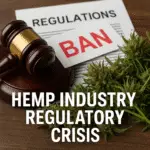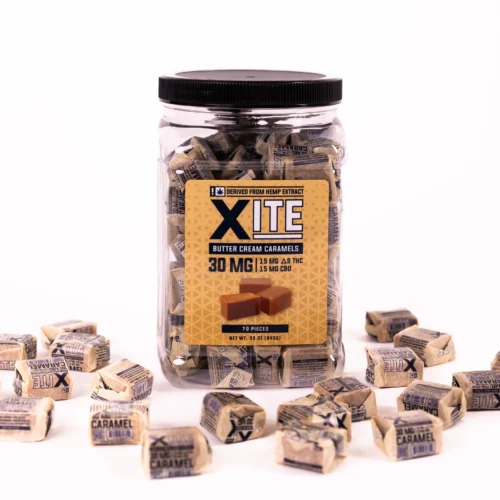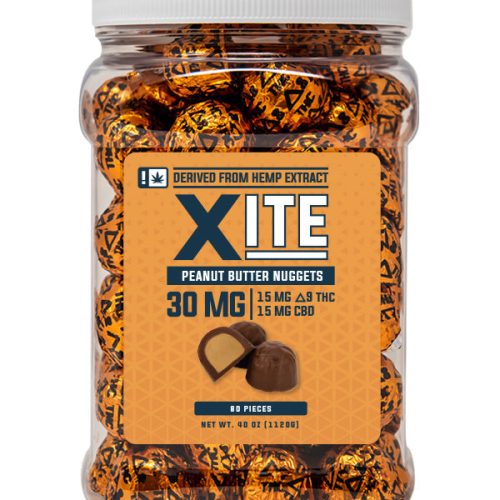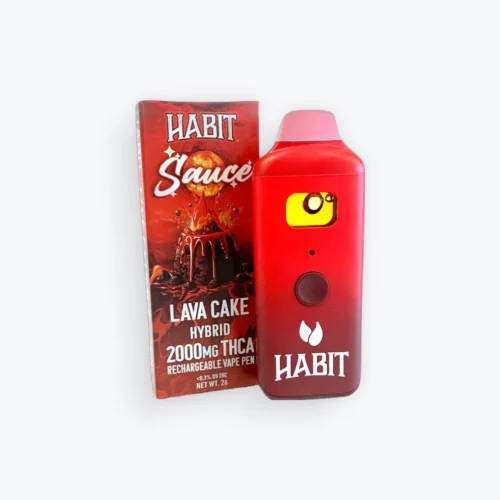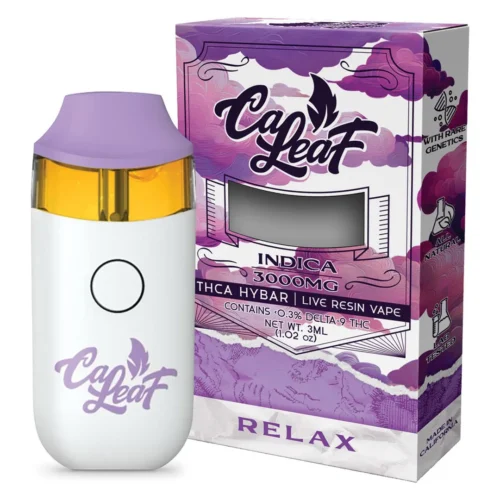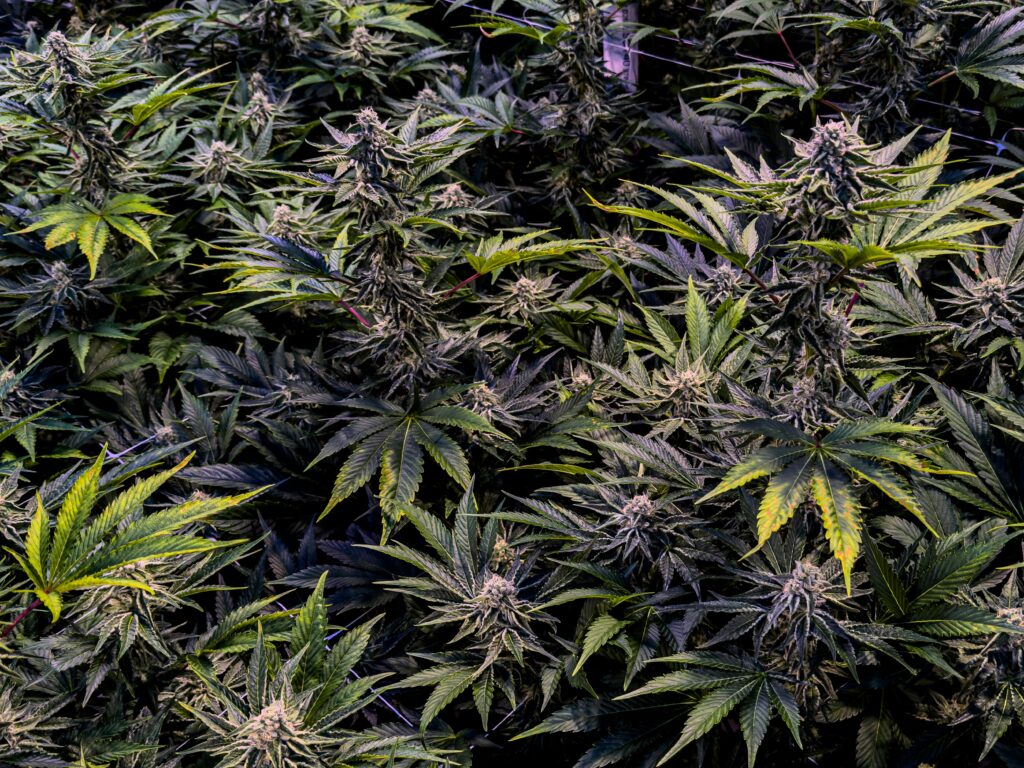 Introduction: Marijuana vs. Hemp in 2025
Introduction: Marijuana vs. Hemp in 2025
The cannabis industry is buzzing with news: the DEA is moving to reclassify marijuana from Schedule I to Schedule III under the Controlled Substances Act. On the surface, this looks like progress — marijuana would no longer be treated as dangerous as heroin, and medical research would expand.
But for the hemp industry, this shift could bring devastating consequences. Hemp businesses that have thrived since the 2018 Farm Bill could face new restrictions, enforcement actions, and competition from Big Pharma and large cannabis operators.
In this article, we’ll break down:
-
Why marijuana’s reclassification matters for hemp
-
How it could change CBD, Delta-8, and other hemp-derived products
-
What small hemp businesses should prepare for
1. The Regulatory Landscape Will Shift
Right now, hemp operates in a gray zone under the 2018 Farm Bill, which legalized hemp (defined as cannabis with less than 0.3% Delta-9 THC). This opened the door to CBD, hemp-derived Delta-9, Delta-8, THCP, HHC, and other cannabinoids.
When marijuana moves to Schedule III:
-
DEA and FDA authority will expand over all cannabinoids.
-
Cannabinoids may be treated as drugs, requiring FDA approval for use in supplements or beverages.
-
The gray area closes, leaving hemp without its legal wiggle room.
2. Hemp Loses Its Competitive Edge
Hemp’s biggest advantage has been legality and accessibility. Hemp products can be sold across state lines, online, and in retail — unlike marijuana, which remains siloed under state programs.
If marijuana is Schedule III:
-
Licensed cannabis companies will be allowed to sell federally compliant products.
-
Big Pharma will enter the market with cannabinoid-based medications.
-
Hemp companies will lose market share, especially in CBD and minor cannabinoid products.
This means hemp goes from being the only legal option to the least protected option.
3. Confusion Around Cannabinoids
Most consumers don’t care whether their CBD, CBC, or Delta-9 THC comes from hemp or marijuana. But regulators do.
With marijuana as Schedule III:
-
Cannabinoids may be reclassified as controlled substances unless FDA-approved.
-
CBD could be banned in supplements, beverages, and gummies unless companies spend millions on drug approval pathways.
-
Hemp companies, which rely on retail sales, could be shut out of the very market they created.
4. Risk of New Enforcement
Currently, hemp is protected by the Farm Bill loophole (<0.3% Delta-9 THC). But when marijuana gains federal recognition:
-
Regulators could declare that all cannabinoids are drugs unless FDA-approved.
-
DEA could begin enforcement against hemp-derived psychoactive products like Delta-8 and hemp-derived Delta-9.
-
Smaller hemp brands would be the first targeted, since they lack resources for legal defense.
This could spell the end of hemp’s open retail environment.
5. Big Pharma and Cannabis MSOs Benefit Most
Reclassification favors large corporations:
-
Pharma companies can research, patent, and sell cannabinoid-based medications.
-
Multi-State Operators (MSOs) in cannabis will gain legitimacy and federal protection.
-
Small hemp businesses will be squeezed out, unable to compete with FDA-approved cannabinoid drugs.
Comparison Chart: Marijuana Reclassification – Winners & Losers
| Group | Impact of Marijuana as Schedule III |
|---|---|
| Hemp Businesses | Lose legal gray area, risk of enforcement, reduced market share |
| CBD Brands | May face bans on supplements & beverages |
| Delta-8/Minor Cannabinoids | Risk of DEA crackdown, loss of retail legality |
| Licensed Cannabis Companies | Gain legitimacy, expand federally |
| Pharmaceutical Companies | Win big — ability to patent and sell cannabinoid drugs |
| Consumers | Less access to affordable hemp products; more pharmaceutical dominance |
6. FAQs – People Also Ask
Q: Isn’t marijuana reclassification good for cannabis?
Yes — it’s good for marijuana research, medical legitimacy, and reducing stigma. But it comes at the cost of hemp businesses that relied on the Farm Bill loophole.
Q: Will CBD be banned if marijuana is Schedule III?
Potentially — CBD in supplements and foods could face FDA crackdowns, since it would be considered a drug ingredient, not a dietary supplement.
Q: What happens to Delta-8 THC?
Delta-8, HHC, and other hemp-derived psychoactives are most at risk. Reclassification gives DEA the authority to treat them as controlled substances.
Q: Who benefits the most from this change?
Large cannabis companies and pharmaceutical firms. Small hemp shops and independent CBD brands are most vulnerable.
7. What Hemp Businesses Should Do Now
-
Diversify products → Focus on non-cannabinoid botanicals (adaptogens, functional mushrooms, nootropics).
-
Educate consumers → Build loyalty around brand trust, not just hemp products.
-
Stay politically active → Support advocacy groups fighting for hemp protections in the Farm Bill and beyond.
-
Prepare for compliance → Start transitioning product lines in case cannabinoids face FDA restrictions.
Conclusion: The Hemp Industry at a Crossroads
The reclassification of marijuana may be a win for cannabis reform, but it’s a threat to hemp. Without federal protections, hemp businesses risk being regulated out of existence — despite pioneering the very cannabinoid market that pharma and cannabis giants will now dominate.
The hemp industry must adapt, diversify, and advocate if it wants to survive the post-reclassification landscape.


